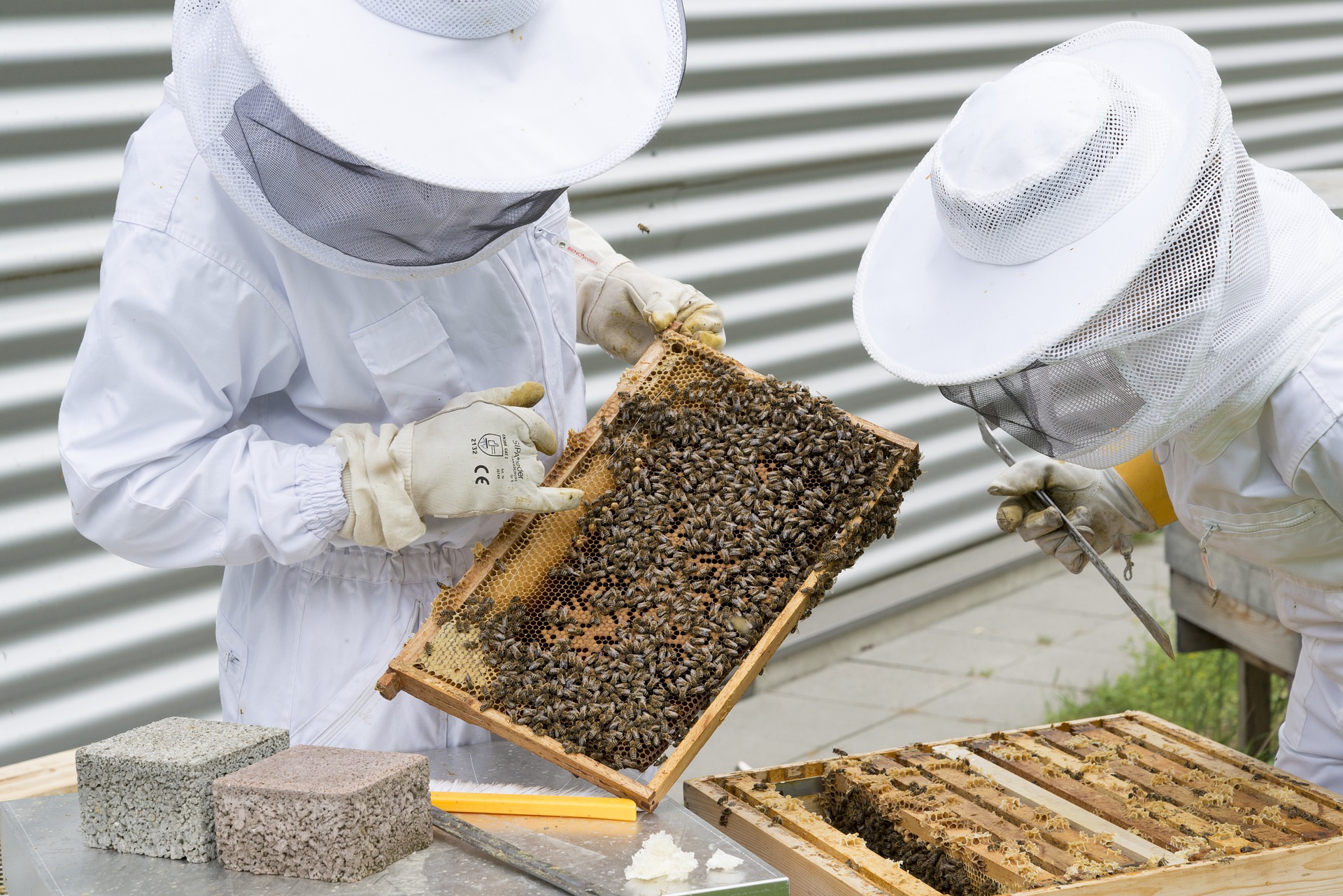
Science and public polling make it clear: New York must restrict bee-killing neonicotinoids
by Paolo Mutia, food and agriculture campaigner
In New York, beekeepers have lost more than 40 percent of their bee colonies on average nearly every year for the last decade. A relatively new class of pesticides threatens pollinators that are critical to top state crops, and emerging research suggests that early exposure to them could impact human health as well.
This type of pesticide, called neonicotinoids (neonics), can be approximately 1,000 times more acutely toxic to honeybees than the infamous pesticide DDT from Rachel Carson’s Silent Spring. Since they were introduced in the 1990s, neonics have made U.S. agriculture nearly 48-times more toxic to insects. Scientists warn that they are a contributing factor to many pollinators being at risk of extinction.
As more New Yorkers learn about the harmful impacts of neonics, the state’s residents have voiced their opposition to this particularly harmful class of pesticides. Recent polling commissioned by the Natural Resources Defense Council and Friends of the Earth shows that a broad majority of New Yorkers support increased protection of bees, birds, and other pollinators as well as dramatic decreases in the use of neonics. According to the poll, 66 percent of New Yorkers support stronger state regulation of neonics.
Swift action is needed, and fortunately, the Birds and Bee Protection Act (S699A) would do just that. This bill, reintroduced by New York Senator Brad Hoylman, would propel New York to become a national leader by safeguarding not only its birds, bees, water, but its people too.
Neonics are neurotoxins specifically designed to attack nerve sites similar to human nerve cells. Emerging research suggests that exposure to neonicotinoids in the womb or early in life could be linked with developmental defects, autism, heart deformations, muscle tremors, and memory loss.
Recent CDC monitoring confirms that half of Americans are regularly exposed to neonics. This is unsurprising given that neonics have been found in the food we eat. Carrots, green vegetables, baby cabbage, and apples were found to contain more than six types of neonicotinoids. These residues cannot be washed off because neonics are systemic insecticides, meaning that they dissolve in water and are absorbed up into the roots, stem, leaves, pollen, and fruit of the plant itself.
Related Posts
Ways to Support Our Work

Read Latest News
Stay informed and inspired. Read our latest press releases to see how we’re making a difference for the planet.

See Our Impact
See the real wins your support made possible. Read about the campaign wins we’ve fought for and won together.

Donate Today
Help power change. It takes support from environmental champions like you to build a more healthy and just world.